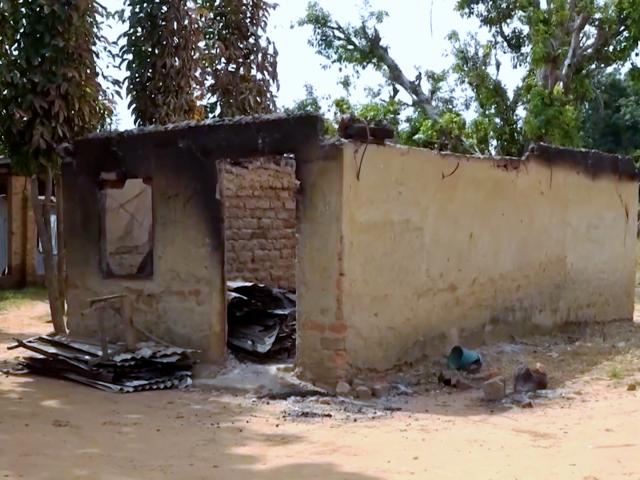Life is fragile and dangerous for Christians living in the northern and Middle Belt regions of Nigeria. They face violence that often leads to death, the destruction of their homes, villages, and places of worship. Ultimately, they are forced to flee from the danger, which creates mass displacement for tens of thousands.
It is a growing crisis that involves more than three million Christians who are being persecuted because of their faith. Islamic terror groups are behind the vicious attacks, and the Nigerian government appears to be doing very little to stop the brutality. Making matters worse, recent studies on persecution show the atrocities committed in Nigeria account for nearly 70 percent of all Christians killed globally.
A documentary about a recent attack on Christians was produced by Truth Nigeria, a news division of Equipping The Persecuted, a humanitarian non-profit chartered in Sioux City, Iowa, since 2019. The documentary is called A Father’s Day Massacre in Yelewata.
The film focuses on the barbaric assault on the village. People who endured the attack described how 210 villagers were slaughtered in less than 24 hours. The documentary includes horrific images of people burned alive, families attacked and homes destroyed.
Equipping the Persecuted and Truth Nigeria released the documentary to sound the alarm about an ongoing radical Islamic terror campaign to eradicate Nigeria’s Christians. Judd Saul, a missionary and founder of the organization, is calling on the United States government to intervene to stop the religious persecution.
“We need to fight this thing threefold. One, America, as a government, needs to get involved. I’m talking very little of our resources. If we just did the very little bit of push and aggressive foreign policy, throw some sanctions. Whatever it takes, I think we can get a lot of significant intent in this and put a stop to this,” Saul said.
***Please sign up for CBN Newsletters and download the CBN News app to ensure you keep receiving the latest news from a distinctly Christian perspective.***
Republican Congressman Chris Smith of New Jersey, who has traveled to many dangerous areas in Nigeria, has introduced a resolution in Congress to help stop the attacks fueled by radical Islamic groups like Fulani herdsman, Boko Haram, and other terrorist groups to stop the violence fueled by religious hatred.
“There has been an exponential increase in attacks on Christians and some Muslims, but Christians in particular, Protestants, evangelicals, Catholics, they’re firebombing their churches,” said Smith.

He adds the Nigerian government has been silent and unresponsive to the crisis. “The Fulani are killing them with absolute impunity. We’ve called on the government in Abuja and the president several times to do what governments do, law enforcement, use the military if you have to, but stop this genocide, and do it now,” Rep. Smith said.
Smith’s resolution points to the Nigerian government’s apparent open border policy that allows almost free access to the country. Fulani militants and ISIS-linked extremist groups from neighboring countries take advantage of this policy to carry out mass murder, rape and kidnappings.
Smith adds that he’s reaching out to President Trump to help. “We’re also calling on President Trump to reissue, which he did in his first term, the designation of ‘country of particular concern.’ And that then gives the president wide latitude to impose sanctions.”
During a recent White House press briefing, CBN News asked Press Secretary Karoline Leavitt about the crisis in Nigeria, asking her if the president would take action.
“I’m not tracking a call between the president and the head of Nigeria. I know the president wholeheartedly condemns the persecution of Christians or frankly, of people of any faith all over the world. But I don’t have any updates for you in terms of sanctions in this part of the world,” she said.
Looking beyond any government response, Judd Saul is calling on the church and Christians in America to stand with the persecuted in Nigeria.
“They need to pray. They need to be a voice for the voiceless. They need to be a voice for our persecuted brothers and sisters.”
















